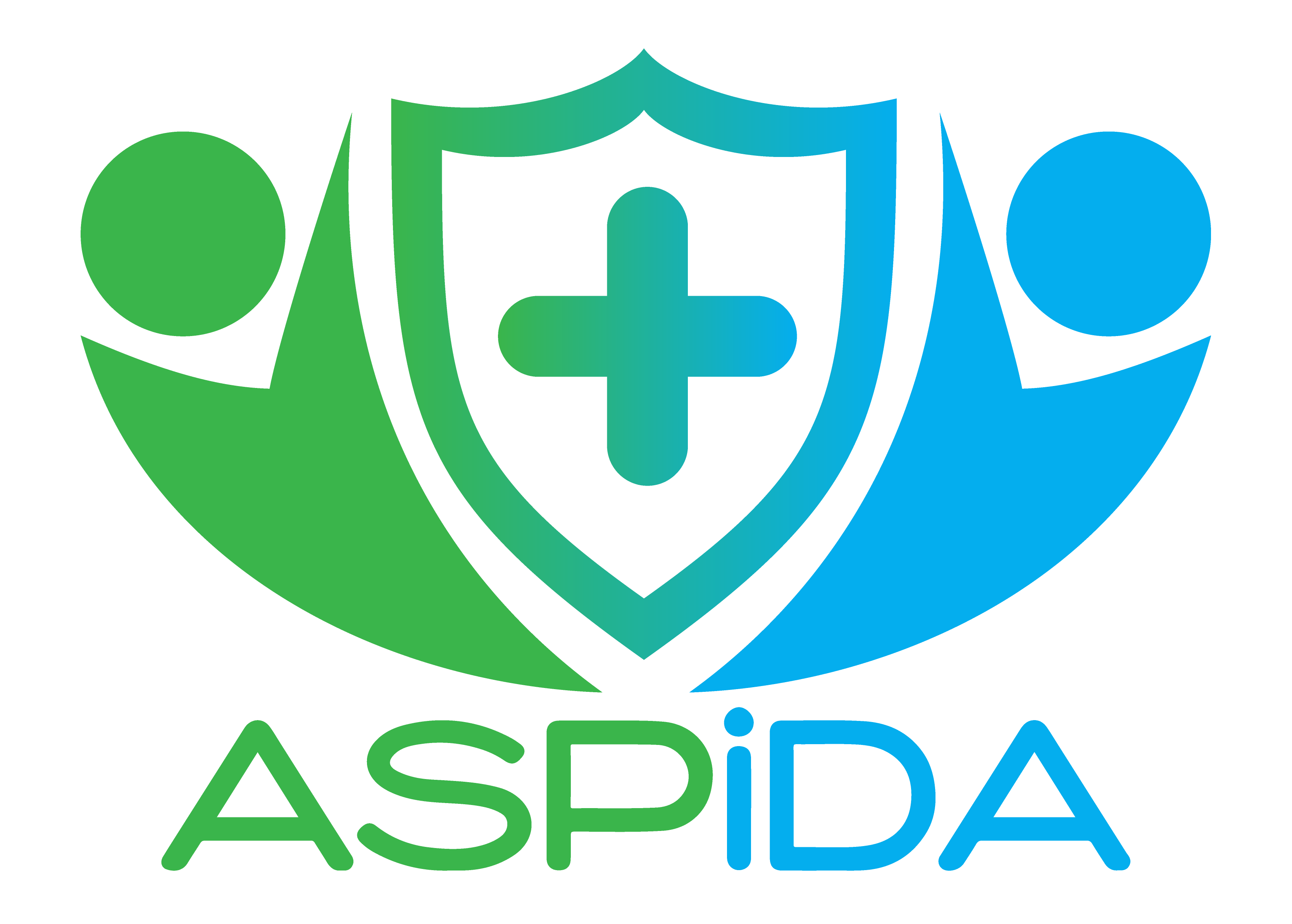


ASPiDA is a system that will be able to integrate, articulate and collect innovative technologies from the field of electronics, the Internet of Things, information technology, robotic communications, optimal control, etc. such as:
- Development of a system of daily observation and taking of vital measurements of the elderly in real time: Development of intelligent wearable electronic devices for the recovery of the user's physical data in real time, detection of basic activities of the daily life of the elderly with modern image processing technologies, development of a system for involuntary and non-invasive measurement of bioparameters (e.g. heart rate) and indoor risk assessment.
- System for assessing the kinesiological behaviour of the elderly at regular intervals, a system for predicting the fall based on real-time and historical data and a system for assessing the decline.
- Mechanism of adapted optimized physical recovery of injuries and preventive myo-skeletal strengthening as well as development of a system of natural-kinesiological, temporal and energy optimal decisions for fully autonomous homes for physical rehabilitation of the elderly with the ultimate goal of supporting autonomous living
- Development of necessary infrastructure to support assisted living. In the context of the creation of a "smart home" adapted to the needs of the elderly, the proposal system aims at: Development of innovative sensors for patient monitoring, development of electrical network infrastructures for the uninterrupted supply of power and lighting, development of a network of sensors for the interconnection and management of IoT devices in health and development of intelligent system for the supply of electronic devices and devices.
- Specialized robotic assistants to assist in the event of an emergency (e.g. fall) to verify the situation by sending high-quality audiovisual material to the monitoring centre and providing first aid.
- A very fast, friendly and simple User Interface to the elderly as well as health specialists or elderly people who will adapt and provide the ability to visualize the situation in full with a smart device (viewing the elderly, viewing real-time measurements, direct communication, viewing time history statistics, etc.).
- Efficient and robust mobile communications for the full coverage and successful operation of all controlled subsystems.
[custom-twitter-feeds feed=1]
